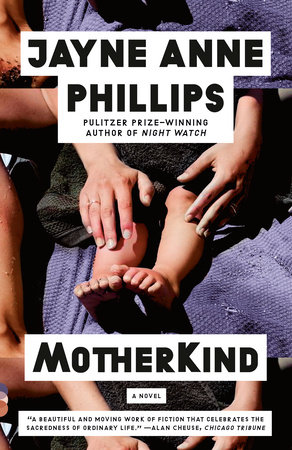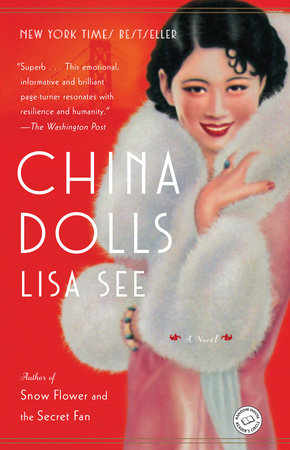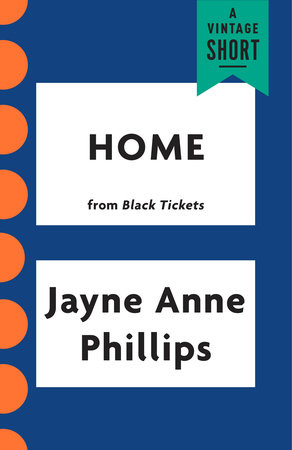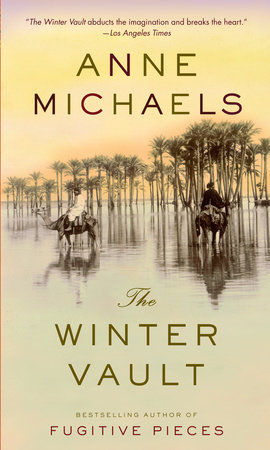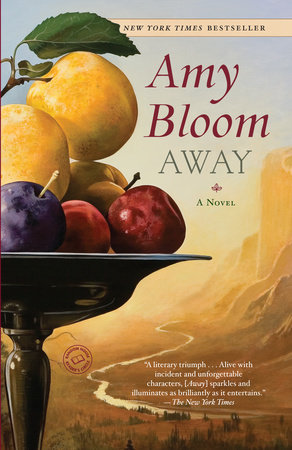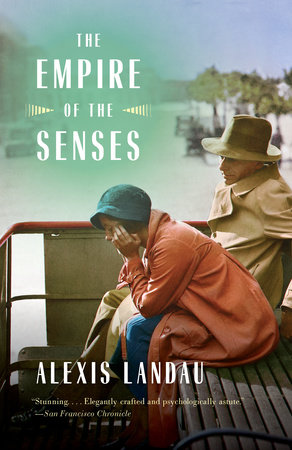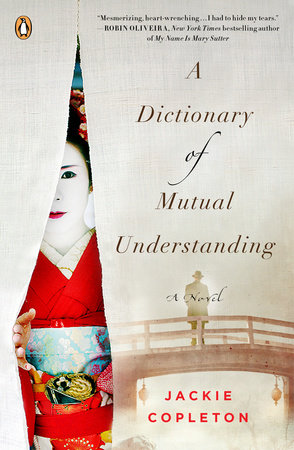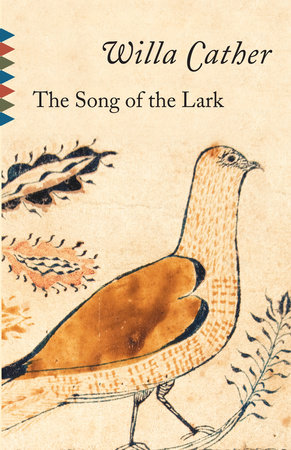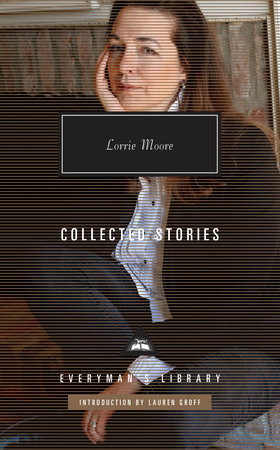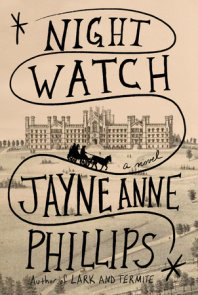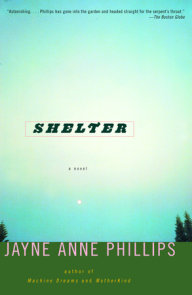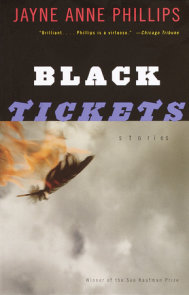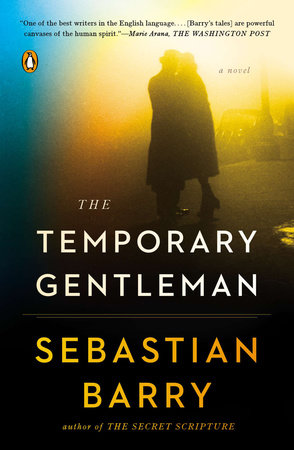Author Q&A
Q: What is the meaning of the title, MotherKind?
A: "MotherKind" literally refers to the name of a postpartum care agency Katherine hires to help Kate in the first week home with a newborn–a gift of help: all the things, as Katherine says, "I’d be doing myself if I were able." In a larger sense, of course, "MotherKind" is a term that refers to the human family women enter when they become mothers–a term that should be common usage. They enter a territory that is the other side of childhood and move from being someone’s daughter, someone’s lover, into the sudden fruition of passion and attachment that is labor, birth, and caring for an infant. First time mothers, particularly after long, difficult labors, often share Kate’s sense of being "someone beyond language. She was shattered. Something new would come of her." Nurturing their babies, women reassess their mother’s lives and are "re-born" themselves. In T. S. Eliot’s beautiful words, "We come to the place we started, and know that place for the first time." In MotherKind, birth and death happen as concurrent transformations, and the amazing strength of relationship courses through and beyond both. MotherKind investigates the day-to-day miracle love can be and poses questions readers answer, at one time or another, in their own lives.
Q: MotherKind, you have said, draws from your own experience of being a mother and caregiver. Did you find these subjects difficult to write about?
A: Writing, always, is difficult, concentrated, challenging work–one’s consciousness throws down the gauntlet, so to speak, and the writer’s approach to the material begins. The process, at least for me, takes years, fitted in around the rest of life. MotherKind was both inspired and demanded of me by my own mother’s passage into death, by my instruction over the course of those two years, and by the fact that I still feel–almost inside the memory of our relationship–the continual loss of her. Yet the paradox of her presence is just as strong. Love makes that paradox of absence/presence a part of identity beyond death, and that is the reality MotherKind finds its way into.
Q: Does MotherKind reflect your own idea of how family should work in contemporary society?
A: Families are all different; they reflect their own histories as well as the society in which they find themselves. Our culture is notoriously anti-family; families are highly regarded only as consumers. We live in a fast, mobile, scheduled society. When families need support, we don’t always have nearby family or available friends; we no longer experience the most primal, demanding junctures in life within a community. Like Kate and Matt, we hire help or depend on social services for assistance. Yet, even then, connections between the women who surround Katherine transcend varied cultures and circumstance. They come together in the power of the event. MotherKind is the story of one family, for one year, in which someone is born and someone dies. They live in contemporary, media-saturated, present day America. They’re transplanted, divorced, re-married, blending, parenting, step-parenting, single parenting, coping with happiness, guilt, yearning, healing, growing up, and growing fragile as the seasons turn around them. They’re the moving particles inside that eternal circle. They sometimes forget exactly what they’re doing here, and then their lives remind them.
Q: Technically, how was the writing of MotherKind different from your other novels, Machine Dreams and Shelter?
A: I wanted to write MotherKind in clear, simple, very accessible language because it deals with such intricate patterning and universal experience. Its subjects are birth and death and familial experience as it runs the gamut from the banal to the miraculous. In all my work, I see language as the means of investigation and time as the organizing principal. Sections of Machine Dreams are framed by lapses of time that float the prose. Shelter occurs in three days of real time made lapidary and circular. MotherKind occurs on two planes at once: the year within the novel is intercut with an ongoing past that becomes a kind of eternal present. Memory sometimes offers up the past as a living, dimensional, sensory presence. In that world, there is no death. Machine Dreams begins with the line, "It’s strange what you don’t forget"–the point being that it’s not at all strange; memory is alive with meaning, and so is the attempt at art. This is not a random universe precisely because we are in it: naming it, loving and fearing it, yearning to understand it, reaching for one another within it.
Q: What would you like a reader to take away from MotherKind?
A: The sense of having lived it, and a recognition of the enduring strengths they themselves possess.
